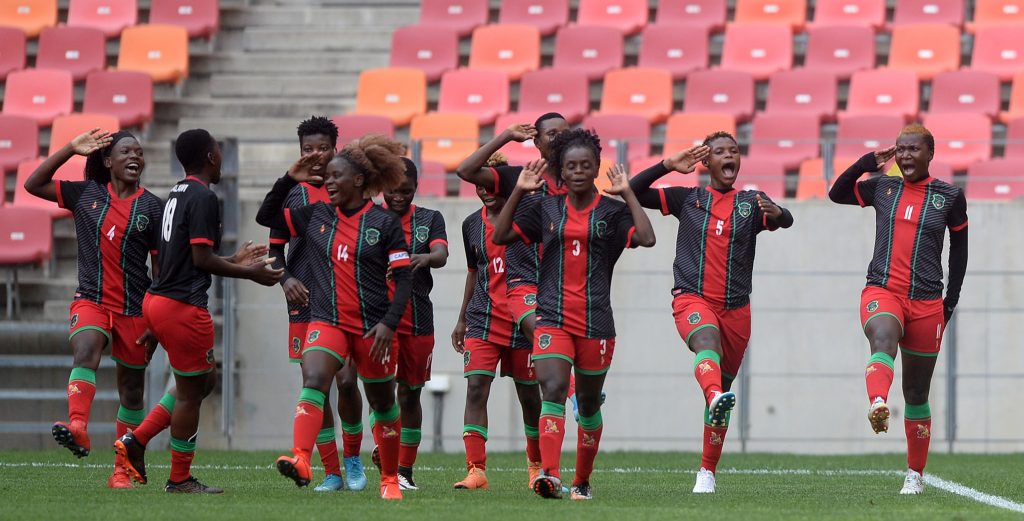Scorchers go five years without international friendly
While the Malawi men’s football national team plays international friendly matches regularly ahead of competitions, their female counterparts have not had any in the last five years despite having competitive assignments along the way.
The Scorchers last had an international friendly in 2016 when they lost 2-3 to Zambia’s Copper Queens at Nankhaka ground in Lilongwe.

According to an article titled Exhibition Game on www.alvin-almazov.com, international friendlies are important as “they give managers [coaches] the opportunity to experiment with team selection and tactics before tournaments, and assess the abilities of players they may potentially select for the tournament squad”.
Within the last five years, the Scorchers have been involved in tournaments such as the 2020 Tokyo Olympics qualifiers and the just-ended Cosafa Women’s Championship.
The Scorchers mostly rely on training matches against domestic clubs, especially men’s youth teams, to tune up for international tournaments.
In an interview earlier in the week, China-based Scorchers’ captain Tabitha Chawinga lamented the situation, saying Malawi’s latest feat at the Cosafa Women’s Championship in South Africa where they reached the final, was because of the players and the technical staff’s determination as most of their counterparts had some international friendlies prior to the competition.
She said: “It is very unfair that in this age, where the world football governing body Fifa and many countries are taking women’s football seriously, Malawi is lagging behind.”
The prolific striker, who plays for Chinese top-flight league side Wuhan Jiangda alongside her younger sister Temwa, said the Scorchers’ latest achievement at Cosafa should send a message to stakeholders that women’s football has the potential to put the country on the global map, but all they need is the support.
National Women’s Football Association chairperson Suzgo Ngwira concurred with Chawinga that the Scorchers can do wonders if there can be equal treatment of men’s and women’s national teams by the government, football authossrities and other stakeholders in terms of financial support.
“If you have noted, government and the corporate world always give generous financial support to men’s football, but give women’s football a cold shoulder. Even prior to the South Africa trip, the Scorchers struggled a lot in preparations due to lack of funds,” she said.
“It is my hope that the Scorchers’ latest achievement will trigger massive support towards women football. Government should be allocating special funding to the Scorchers as is the case with the Flames,” she said.
At the Cosafa tournament, the Scorchers heavily relied on domestic players drawn from the Fifa/FAM-funded women’s football regional leagues in the absence of overseas-based Chawinga sisters, who had club commitments.
Currently, there is no corporate company that bankrolls women’s football tournaments although there seemed to be a sudden wave of bubble-gum support from some companies that congratulated the Scorchers for their historic feat.
But football analyst and chartered marketer George Kaudza Masina believes Football Association of Malawi (FAM) is largely to blame for the Scorchers’ struggles.
“FAM has been handling women football as if it only exists in its structures as a mere requirement for funding purposes by Fifa. It is unfortunate that, unlike their male counterparts, women football is not being taken seriously in all fronts despite huge financial support from the world football governing body,” he said.
“The Scorchers’ latest achievement at Cosafa shows that women football can go miles and ably compete for honours at international stage if fully supported to have international friendlies.”
Football Association of Malawi (FAM) general secretary Alfred Gunda said they are aware of the struggles the Scorchers go through, but financial constraints have always been a problem.
“The needs of the national football team’s are huge and as FAM, we need unwavering support from other stakeholders to get things going. We have so many wishes for women’s football but resources are a problem. Time has come for the corporate world to invest in women football,” he said.





